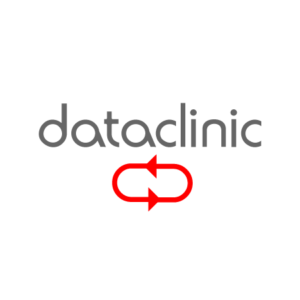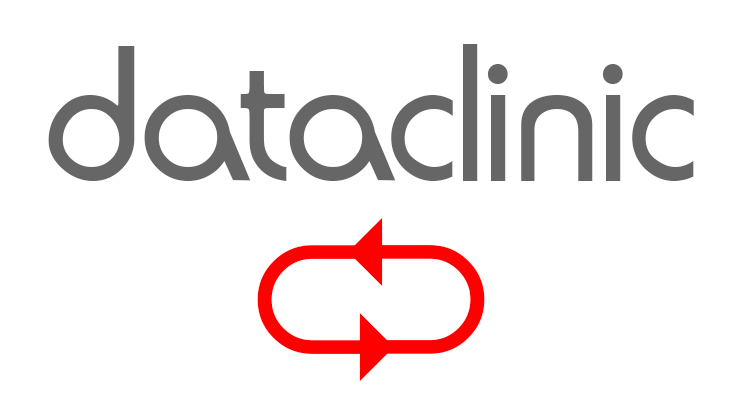What Is Data Recovery ?
Definition of Data Recovery
 Data recovery is the process of retrieving lost, corrupted, or inaccessible data from storage devices such as hard disk drives (HDDs), phones, solid-state drives (SSDs), external / portable USB drives, memory cards / sticks, and other digital media. This can include recovering files, documents, photos, videos, and other types of digital information that have become inaccessible due to failure of the device, accidental deletion, formatting, software corruption, virus attacks, or other reasons.
Data recovery is the process of retrieving lost, corrupted, or inaccessible data from storage devices such as hard disk drives (HDDs), phones, solid-state drives (SSDs), external / portable USB drives, memory cards / sticks, and other digital media. This can include recovering files, documents, photos, videos, and other types of digital information that have become inaccessible due to failure of the device, accidental deletion, formatting, software corruption, virus attacks, or other reasons.
Broadly speaking there are two types of problem that prevent data access –
a. Hardware Failure of the Device – This describes a physical fault with the data storage device that prevents the data from being accessed, for example, a ticking hard drive. The data is still intact, it’s just that the device that holds it is no longer communicating correctly (if at all), with devices that are trying to access it.
b. Software Related Problems – Whilst the hardware that holds the data is working fine, there is a problem with the actual data held on the device. Perhaps it has been deleted or corrupted. In these cases (although some hungry data recovery companies will tell you otherwise), a data recovery company is not really necessary as decent data recovery software can often be used to recover and reconstruct the data yourself.
Often the only avenue open to recovering data from a device with hardware failure is to use a data recovery company.
Another point to consider is that no amount of software, no matter how good is, is able to fix a hardware problem. This is why data recovery companies exist.

Why Data Clinic ?
Data Clinic Ltd have provided professional data recovery services across the UK since 2002. We are the recognised UK experts in data recovery from any type of faulty hard drive, phone or RAID / server. Our data recovery capabilities are second to none as we can get data back from practically any type of device failure.
- Perhaps your hard drive has been dropped and is making a ticking sound or is running very slowly ?
- Perhaps the data on your phone is no longer accessible ?
- Perhaps your company RAID server array has crashed and you have a business emergency that requires an immediate recovery response ?
In all these instances, Data Clinic Ltd is the data recovery company of choice because WE GET YOUR DATA BACK.
Whether you are a private company, public sector organisation or an individual, we have a data recovery service suitable for you.
Further Explanation…
Data Clinic Locations
We have many data recovery locations across the UK. You are welcome to drop off but will need to book an appointment first.
Alternatively use our Free Collection service that picks up from ANY UK address.
New London House, EC3V 9LJ
The Mount, Belfast, BT6 8DD
11, St. Paul’s Square, Birmingham, B3 1RB
Castlemead, Bristol, BS1 3AG
Tay House, 300 Bath Street G2 4JR
Building 3, Gelderd Road, Leeds, LS12 6LN
Horton House, Exchange Street East, Liverpool, L2 3PF
The Pavilions, Bridge Hall Lane, Bury, BL9 7NX
Rotterdam House, 116 Quayside, NE1 3DY
Victory House, 400 Pavilion Drive, NN4 7PA
The Balance, 2 Pinfold Street, Sheffield S1 2GU
Basepoint, Andersons Road, Southampton, SO14 5FE








